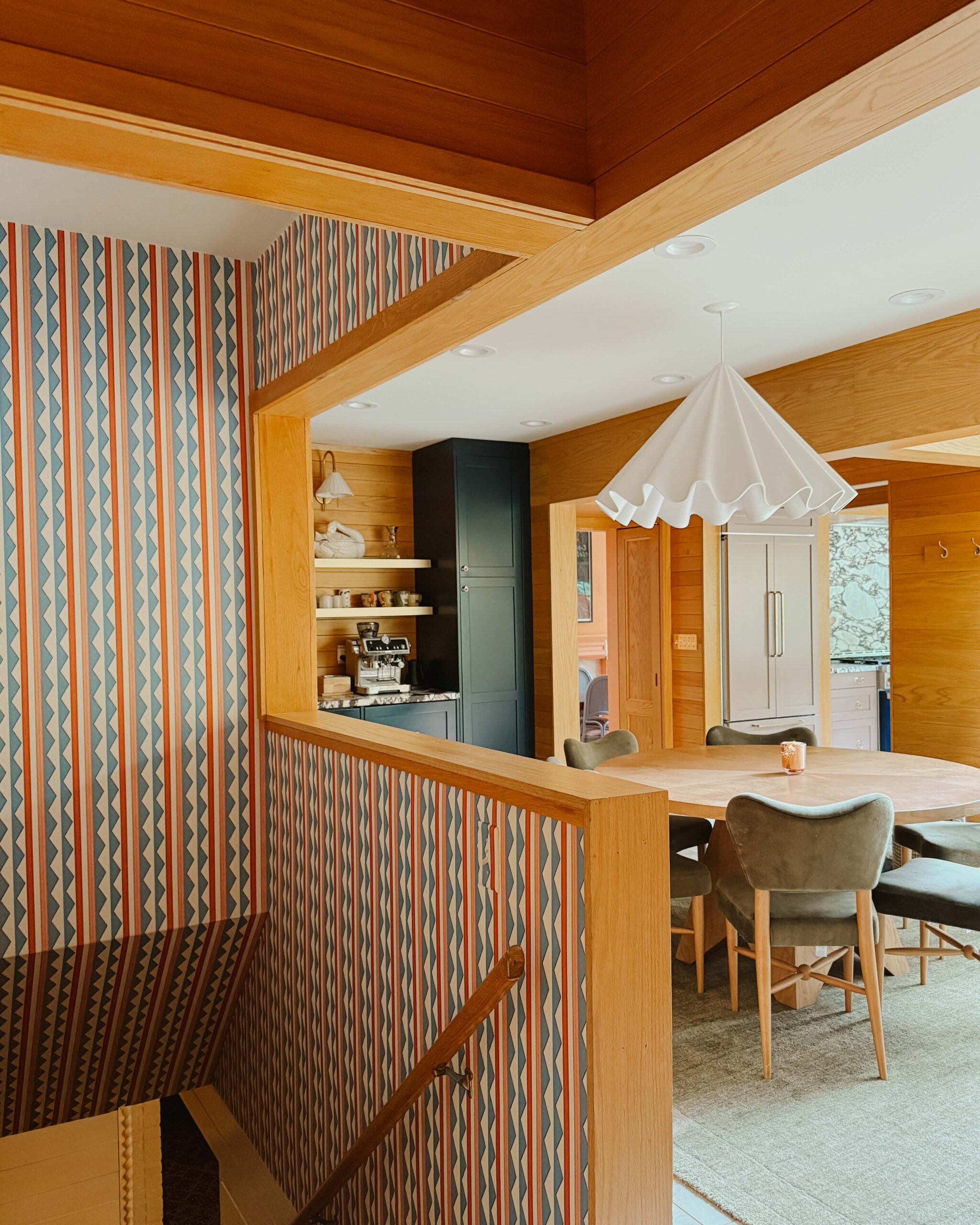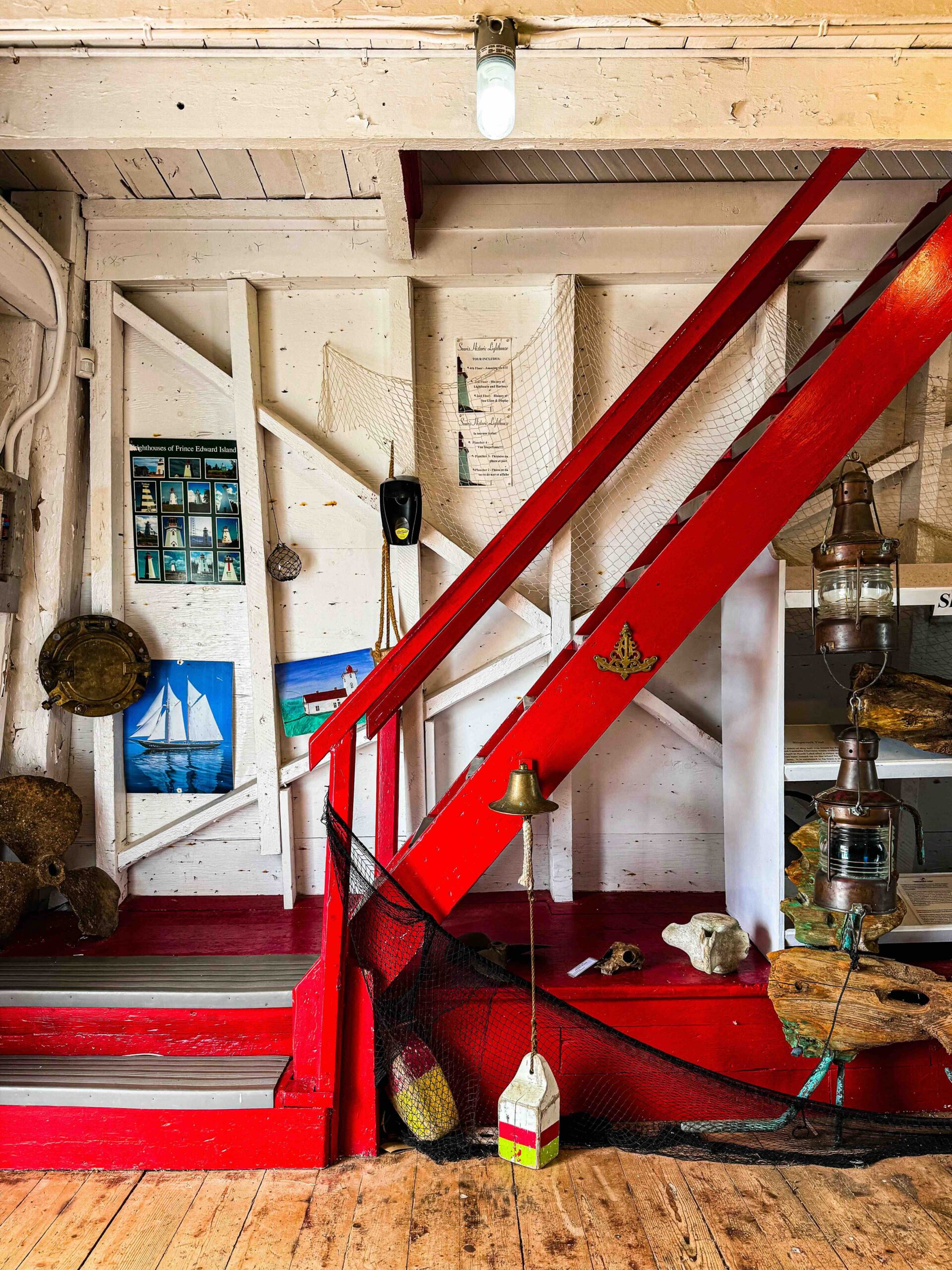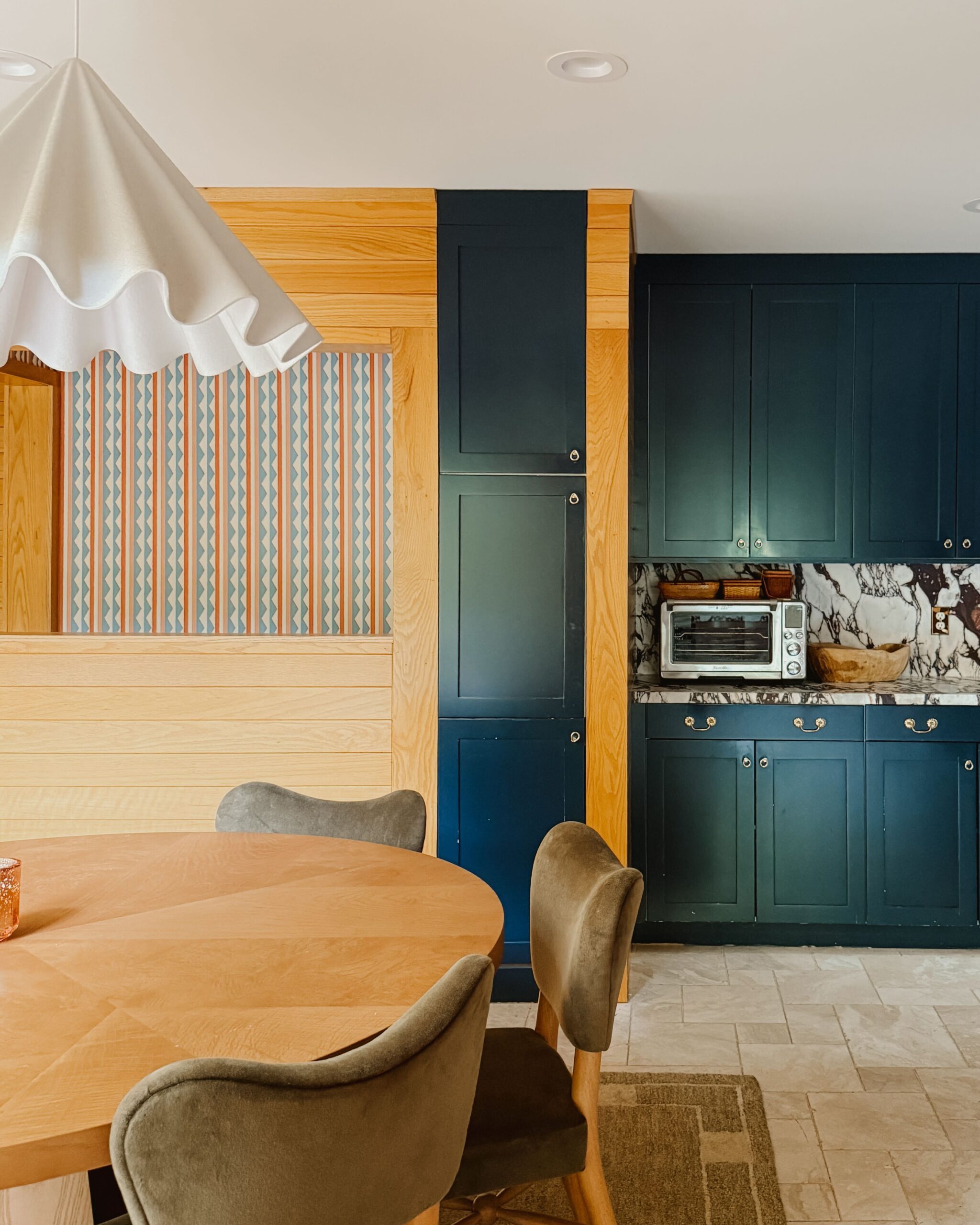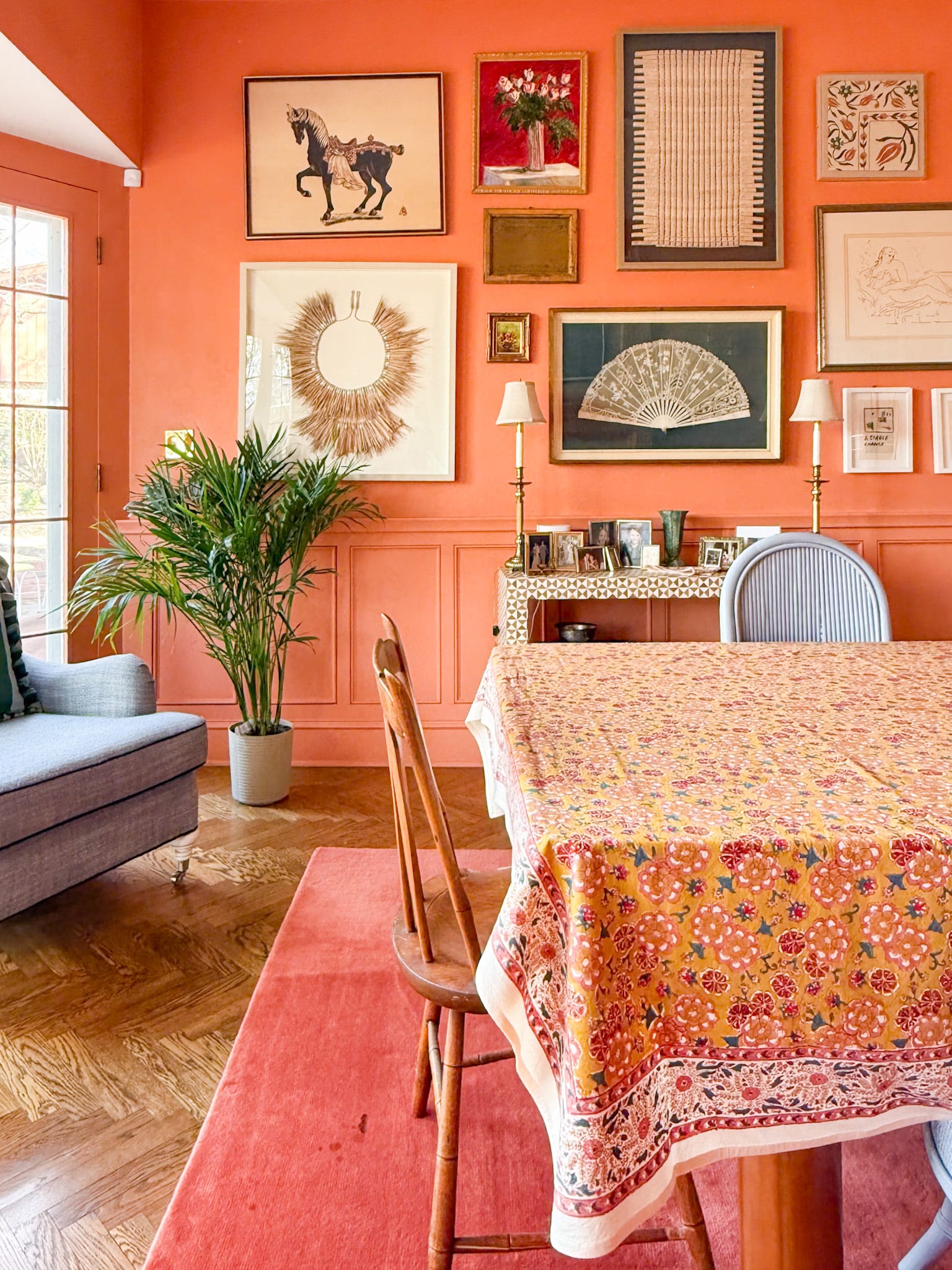

There are many things shockingly pleasant about living in a smaller town in northeastern Wisconsin, including the wide selection of unthinkably delicious cheeses at every grocery store, gas station, and convenience store. Did you know we even have entire stores—many of them, in fact—that sell only cheese? Yum! The second most shockingly pleasant thing about living here: a noticeable lack of honking. Massive semi begins its left turn into the intersection just as the light begins turning red? No biggie. Newby to the gaggle of roundabouts in your new city? Friendly wave with a knowing nod and a “That’s alright ma’am, you’ll get the hang of it soon.” Pull over to chat with a student near the college campus where you work but are temporarily unaware you’re causing a little traffic congestion behind you? Not a problem. I even get a friendly wave from the driver who eventually navigates around my little car that is, yes, clad with Green Bay Packer license plates (…when in Rome). It took me about nineteen months into my more rural Wisconsin living to put my finger on it: drivers are decidedly more gentle here.
And I like that.
In fact, I need that.
I crave the salve of more gentleness, softness, and generosity of spirit. Not just on the roadways but on the daily journey of living in relation to each other—all 7.59 billion (and counting) of us on this big, magical planet Earth.
And I’ve decided that being intentionally more gentle is my new rebellion in a world that is increasingly anything but, especially of late. A world that is categorically, consistently, and increasingly too polarized, too mean. Too rude, too go-go-go, too much, too fast.
Too full of agonism and of too many things and screens, options to distract, and sources of overstimulation—even while many of us remain quarantined during this strange time of a global pandemic. And daily living that is unthinkably, unacceptably, horrifically too lethal for our Black and brown brothers and sisters—a very real pandemic of racial injustice in our world. But that’s a topic deserving full treatment in its own article.
When I talk to people at all stages, ages, and abilities, of all skin colors and sexual orientations and of all faith traditions, most agree that contemporary life, in general, is too harsh, too loud, too bright, too full, too unhealthy, too antagonistic—often in ways we can’t quite articulate or have come to accept as normal. We are too hard on each other and on ourselves, our bodies—our sympathetic nervous systems on hyperdrive too much of the time. And don’t get me started about the harsh, anything-but-gentle space that has become social media comments. In this new normal of hatefulness, harshness, and agitation I hear us collectively crying out for something different.
I’ve decided that being intentionally more gentle is my new rebellion in a world that is increasingly anything but, especially of late. A world that is categorically, consistently, and increasingly too polarized, too mean. Too rude, too go-go-go, too much, too fast.
I’m an eternal optimist. When combined with a dash of the rebelliousness that sits deep in my DNA—and drawing on my work as a social scientist and relationship researcher—I’ve started to envision into being a 21st-century dream: a world where each of us 7.59 billion humans added even one or a few more moments of gentleness to our daily living.
What if each of us approached one relationship or conversation or stranger each day with a slightly more gentle stance?
Chose even once a day to soften our self-talk, to become a bit more gentle in our self-evaluations, self-loathing, self-diminishing?
Forgave people who have hurt us deeply even when they are not sorry, have not apologized, and probably never will? (P.S., I’ve done it and it’s the ultimate soul-freedom.)
Adopted the mantra “gentle is my superpower; gentle is strength”—repeating it silently before speaking? Before thinking. Before choosing our actions.
Imagine your family, your workplace, your friendships, your community if we each practiced giving others and ourselves a bit more grace—something I’ve come to understand is, quite literally, the state of mind or act of being “open to a relationship.”
Imagine being open to a gentler relationship with each other, with ourselves, with the planet?
Imagine being open to shifts in our relationship to unhealthy substances and to over striving?
Imagine opening our hearts to fully hearing—without defensiveness and without leaning on old narratives—listening with radical empathy to stories of those who experience daily hate, fearing for their lives simply by living their lives in the color of their beautiful skin? Imagine truly learning and practicing empathic listening?
Imagine, even just in micro-moments of our intense daily lives—each of us facing our own challenges, fears, hurdles, cancers, injustices, inner battles, societal wrongs, systemic conflicts—if we more often lived by softening to the mystery of living in gentle relationship to the beauty that can arise even out of pain, out of trauma, out of darkness? Doing so is a type of daily grace, a something that can only arise when we’re willing to stand in it, with an openness to what, as renowned psychologist and my new friend Dr. Robert Wicks describes in his book Riding the Dragon, as going into our personal, spiritual, and psychological basements; then going even deeper into our sub-basements; then sitting there and taking advantage of the darkness as we find the grace—the opening to a relationship with what we learn as we enter new, eventual light.
I’m here to testify: overlearning gentleness to the point where it becomes your default is quite liberating. Yes, I’m a sample of one, and have only been practicing this new/strong/rebellious approach to more gracious, more gentle living for about a dozen years. Indeed, I’m not perfect and on the daily can slip into harshness, which is why I call it practice.
But as a social scientist and relationship researcher, I’m always on the hunt for evidence-based insights on better ways of relating to each other, and of course to myself. Adopting a softer, gentler stance is proving to be one that more of us are craving because it’s become all-too-rare and yet, when adopted, has pretty powerful outcomes in our work, family, relationships, and homes.
Why and how? Because energy is contagious. From a relationship science lens, it’s because a majority of the time our fellow humans will more likely than not reciprocate whatever we offer them. Harsh words and an aggressive lashing out when mad about something your colleague just did in a meeting is not likely to be met with a warm, openhearted, “Tell me more. I’m open to learning!” That snarky comment on social media is rarely going to be met with “Thank you soooo much for sharing. I would love to learn more about your thoughts and opinions!”
Humans just don’t work that way. But pouring out your love and grace even in the face of hate and snark: people stop and go, “I want what she’s having.”
One of my favorite authors and researchers, the sociolinguist Deborah Tannen, argues that we’ve created an “argument culture” where our default mode is taking a war-like stance when one is not called for. Social media has become ground zero of such antagonism, and for unnecessarily aggressive interactions. War metaphors saturate our speaking, shape our thinking, and are used to frame our approaches to, unfortunately, nearly everything. The war on drugs, the battle of the sexes, boardrooms as battlegrounds, war on cancer, war on the middle class. Shooting down arguments. Attacking a position. Imagine, instead, if our default mode was an empathic culture of listening and caring? A healing culture. A gentle and loving culture where we see our inherent connection to each other as all-powerful.
Ah, gentleness—it ripples. It’s contagious, in fact, and creates profound openings for learning, growth, and joy, and even serves us as we are grieving. Without gentleness, we close ourselves off to optimal learning, to each other, to vulnerability.
In marriage and romantic relationships, the research is decidedly clear: 94% of the time, the way a conversation begins determines the way it will end. We’re not hardwired to return meanness with kindness; not socialized nor taught (although we can be, and science has my back here) to approach each other, even when we’re steamin’ mad, with a bit more tenderness. Did you know that according to the best relationship science in the world, “divorce can often be predicted by listening to a single conversation between a couple.” How can this be, you (and pretty much everyone) asks? Because patterns are powerful, and how a couple chooses to engage in disagreement is a strong indicator of how they almost always engage in disagreement. Couples can indeed learn to soften, add more humor even when in the heat of conflict, and approach each other—and every conversation, whether it be a heated one or a mundane one—with gentleness. Which then is most likely to beget more gentleness.
Ah, gentleness—it ripples. It’s contagious, in fact, and creates profound openings for learning, growth, and joy, and even serves us as we are grieving. Without gentleness, we close ourselves off to optimal learning, to each other, to vulnerability. Now to the words of poet Mark Nepo which have been on my mind as I practice more gentle—and thus, ever more powerful—living in relationship to my spouse, my kids, my friends; to strangers and even those who attack me and others; to all of you on this big magical planet: “Receiving depends on gentleness, which relaxes our boundaries. It lets us interact with what comes our way. It lets us lend some of our shape to what’s before us. Lending our shape in this way allows for a momentary joining, through which we can feel the aliveness that flows between things.”
I now invite you to try it, even just once a day: being even a tiny bit more gentle with yourself, and then with someone else—even when you’re not in the mood. My guess is that you’ll be pleasantly surprised what begins to flows from it. If you need some additional practice, drive on over to northeastern Wisconsin. I’ll be sure to wave kindly at you, even as you mess in our too many roundabouts.
Dedication: As I write this column I’m grieving the loss of my graceful friend, one of the most gentle souls I’ve ever met. Lindsay Norton of St. Paul, MN, was just forty, a loving mother of five-year-old Finn, adored spouse, and had a wicked sense of sly humor. In the words of her own beautiful momma, Lindsay “quietly stole our hearts.” RIP dear one. I’m better thanks to your model of living gracefully.


Carol Bruess (last name rhymes with “peace”) is professor emeritus at the University of St. Thomas, Minnesota, studying and writing about relationships. She is highly fluent in emoji, loves parentheticals (I mean, it’s what all the cool kids are doing), and is happy-dancing her way through empty-nesting (although don’t tell her kids; they think she’s all weepy). Check out her books, TEDx talk “Are All Relationships Messy?” and her sewing/design shenanigans over at www.carolbruess.com.
BY Carol Bruess - September 3, 2020
Most-read posts:
Did you know W&D now has a resource library of Printable Art, Templates, Freebies, and more?
take me there
Get Our Best W&D Resources
for designing a life well-lived




Thank you for being here. For being open to enjoying life’s simple pleasures and looking inward to understand yourself, your neighbors, and your fellow humans! I’m looking forward to chatting with you.
Hi, I'm Kate. Welcome to my happy place.
















What a lovely post. One of these days I’ll get up there and find one of those Nothing But Cheese stores. I agree with you that social media conversations have become unnecessarily antagonistic–even things such as what temperature you keep your thermostat at or what kind of chicken wing you prefer are presented as “There is a right choice,” which means other ones are therefore wrong and bad. They’re just temperatures and foods! There’s no call for that antagonism. I shall really try hard to be more gentle in my day to day. Also I am very sorry for the… Read more »